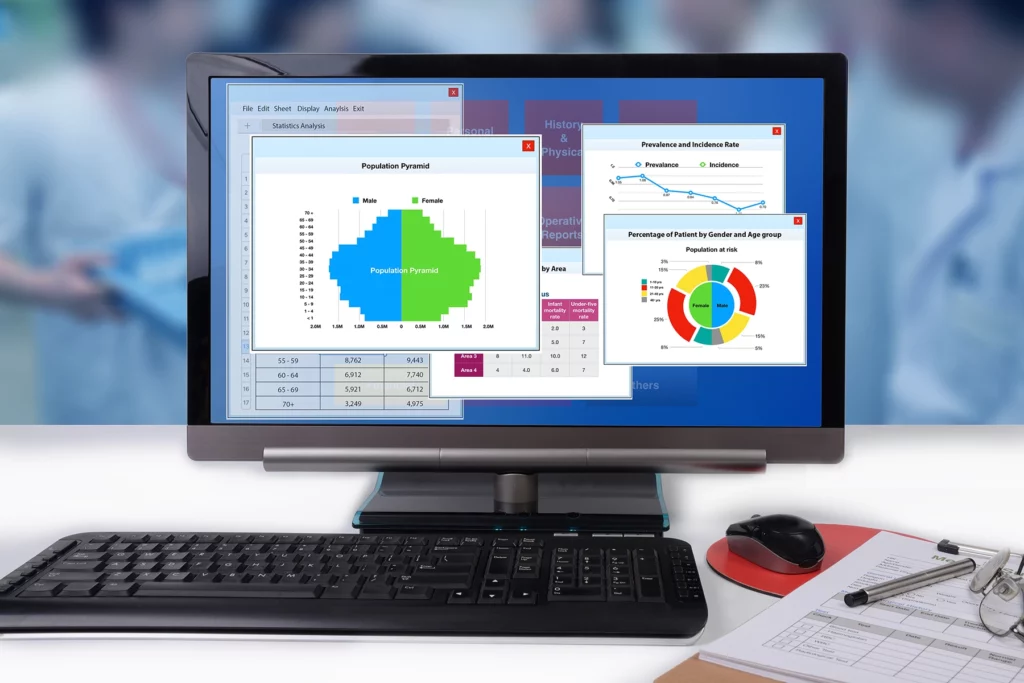Registries
A registry is a systematic collection of standardised information and data related to specific medical conditions, diseases, treatments, or procedures.
These registries are established to track and record various aspects of healthcare, patient outcomes, and treatment effectiveness. The data collected in medical registries can serve multiple purposes including research, quality improvement, monitoring of safety and efficacy, and healthcare planning.
Types of registries include:
- Patient registries or disease registries
- Drug registries
- Safety registries, including pregnancy safety surveillance

A registry generally does not have specific end points. Rather, it allows the researcher to ask many different types of questions.
Registries offer a wide range of benefits to:
- Patients and their caregivers
- Clinicians
- Medical researchers
- Pharmaceutical and medical technology companies and other industry partners
- Regulators
Registries can leverage modern technology platforms to ensure decentralised data, and ensure high quality data without a high burden.
If you want to learn more about how to set up a registry or discuss your own registry, contact us here.
